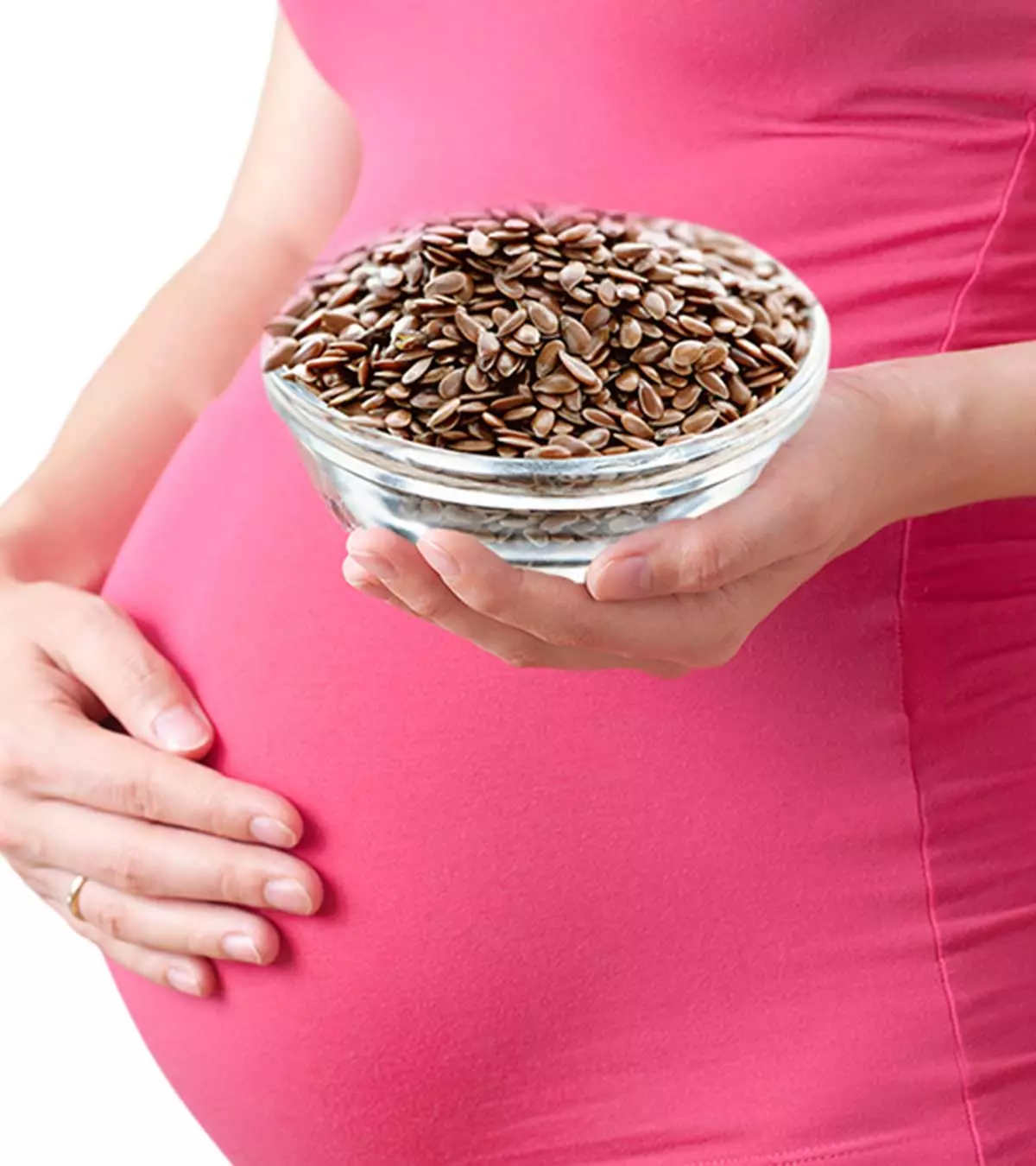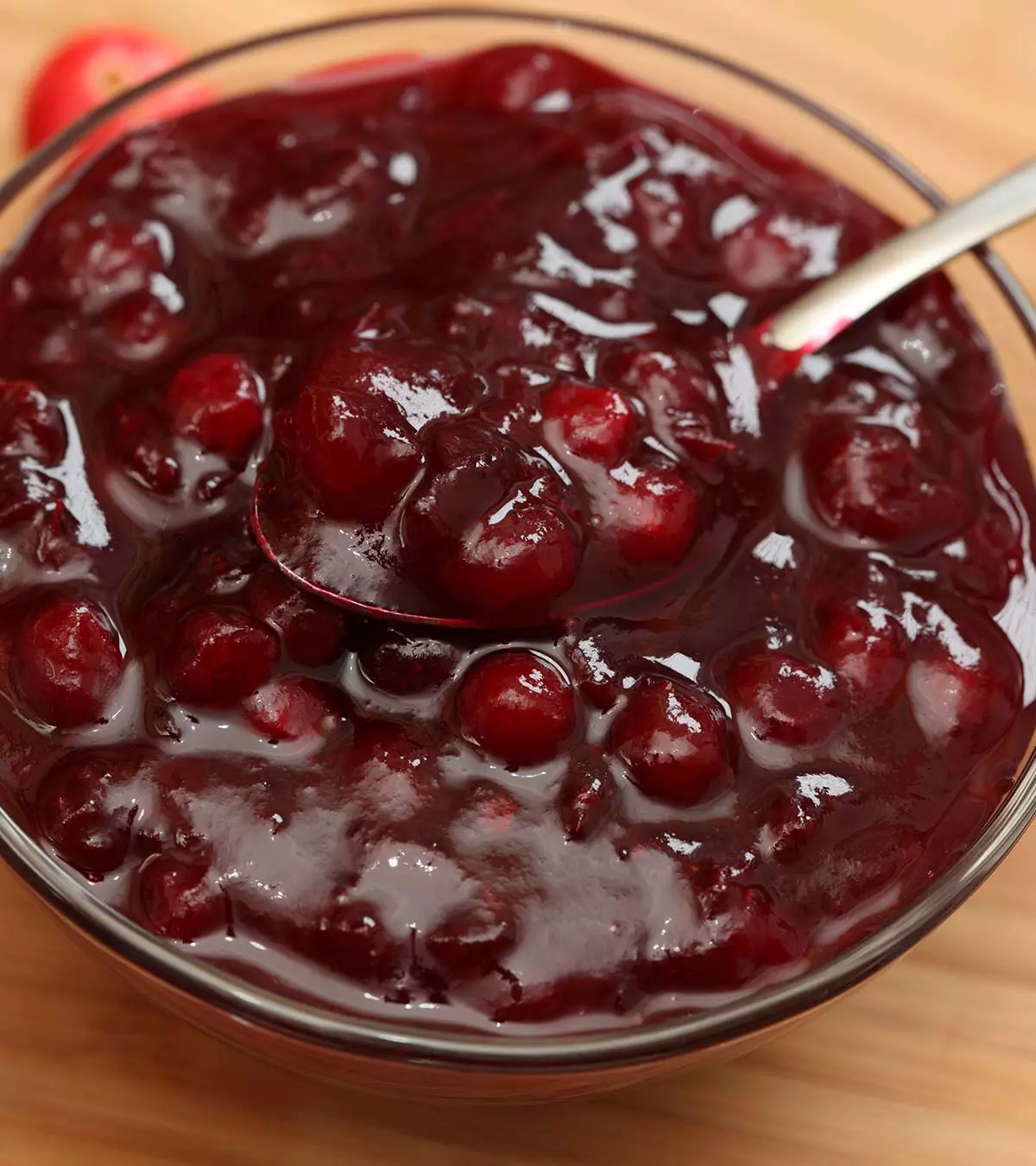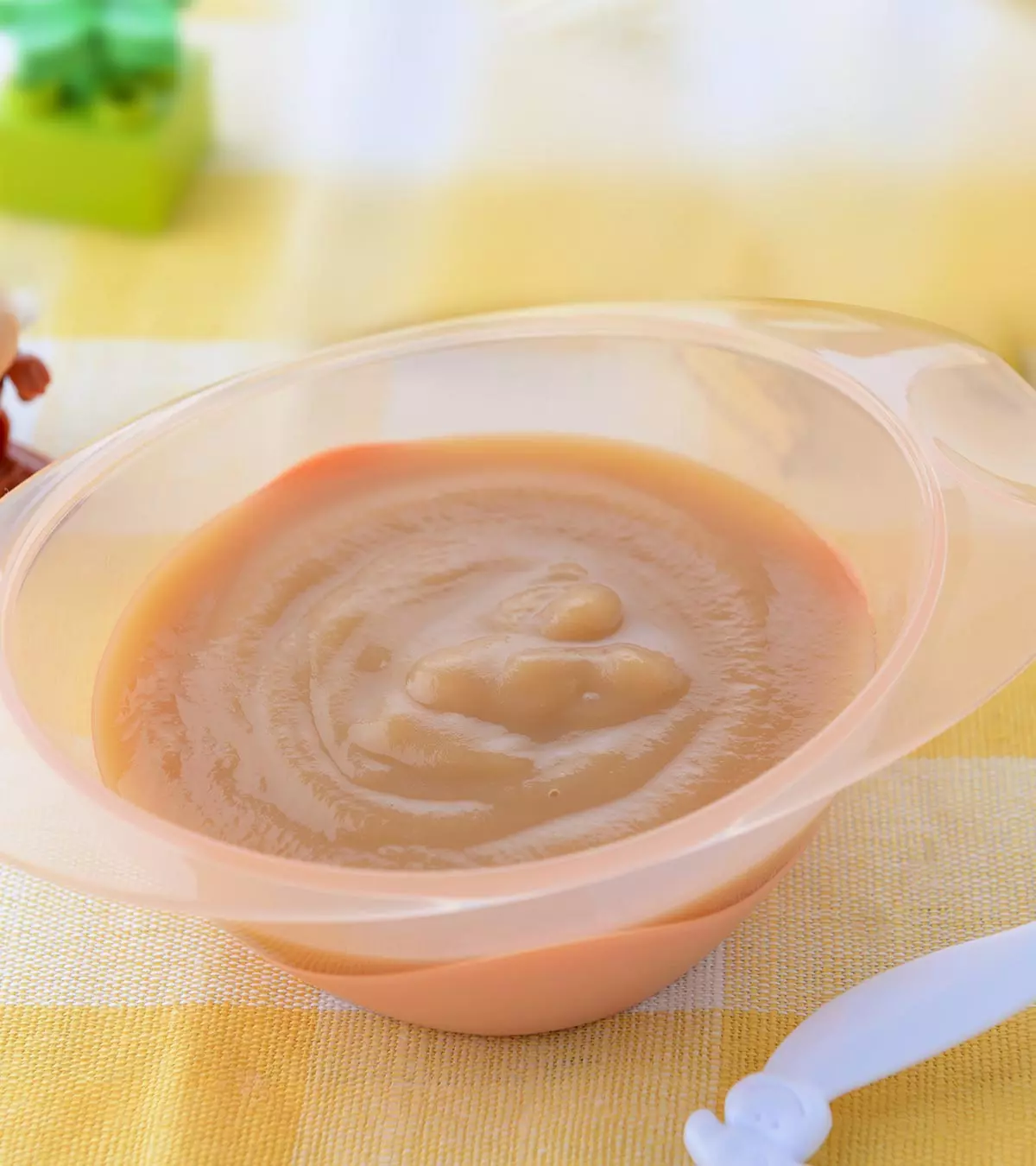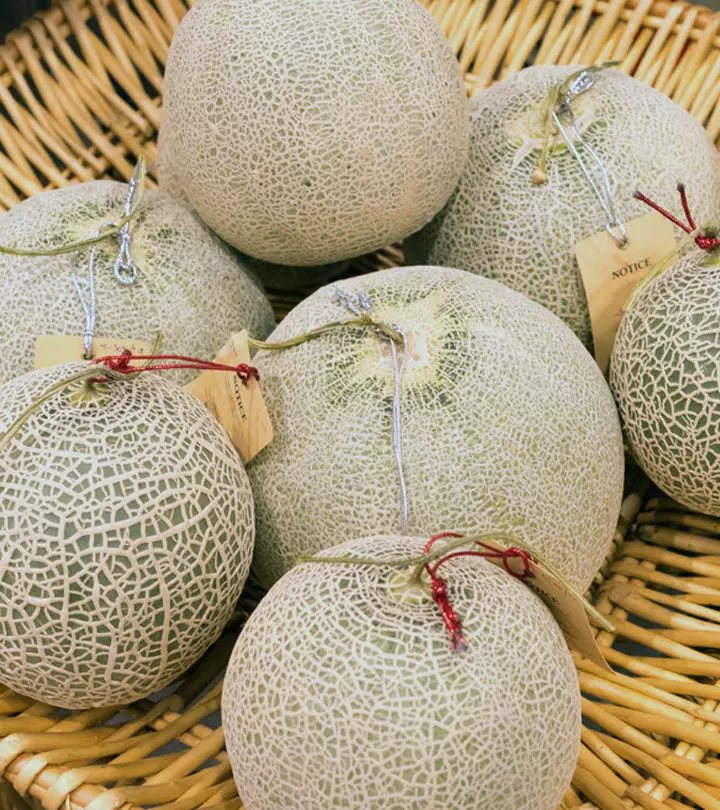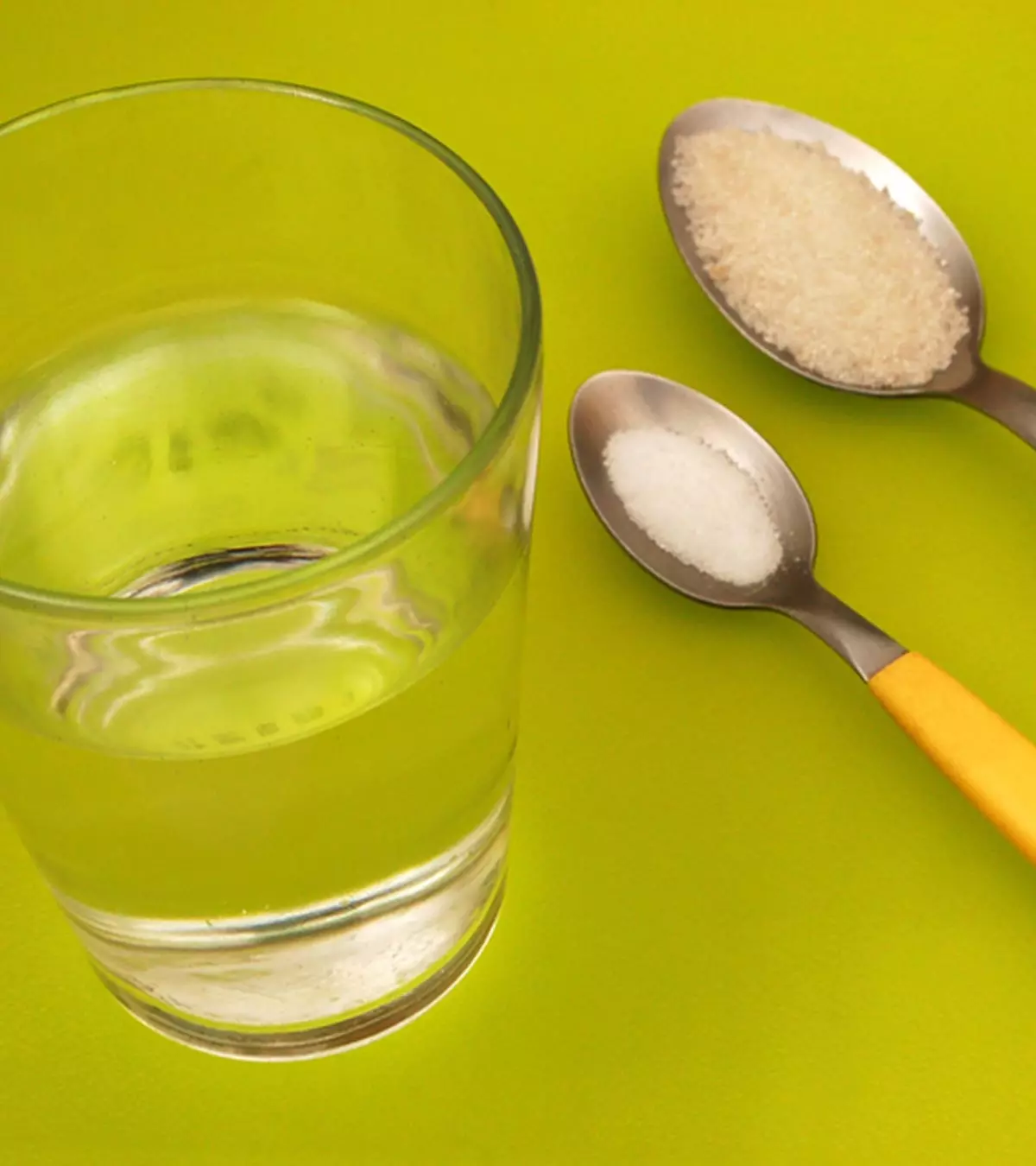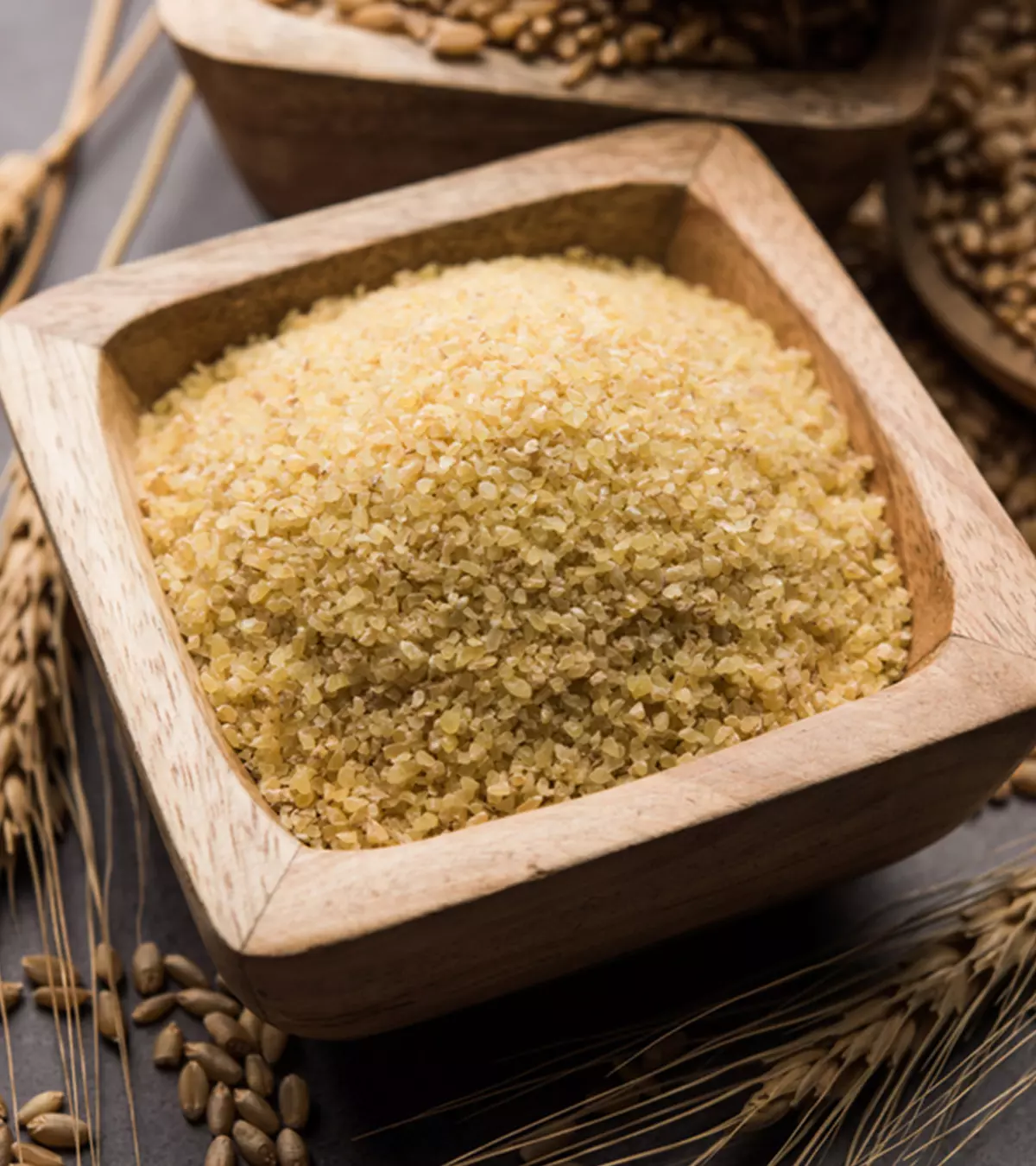
Image: Shutterstock

Whether hot or cold, tea is the most frequently consumed drink in the world. Having a glass of iced tea on a hot day can be revitalizing and good for your health too. But, is it safe to drink this much-enjoyed beverage during pregnancy? Especially since it contains caffeine and sugars, which are not the best foods during pregnancy.
Read this article on MomJunction to understand the safety profile of iced tea during pregnancy.
Key Pointers
- Consuming homemade iced tea in moderation and with reduced sugar or honey is safe during pregnancy.
- Iced tea provides instant refreshment, contains antioxidants, activates the brain, prevents tooth decay, and helps manage gestational diabetes.
- Overconsumption of iced tea can cause caffeine overdose, leading to dehydration, insomnia, and a higher risk of miscarriage.
- Frequent urination and an increased risk of anemia are among the side effects of consuming iced tea.
Is It Safe To Drink Iced Tea During Pregnancy?
While keeping pregnancy nutrition in mind, it is safe to drink homemade iced tea with less sugar or honey instead. You can have three to four cups of tea, although you should remember that moderation is always the key to good health (1). Avoid consuming packaged or bottled teas as they contain excess sugars.
How Much Caffeine Is Present In Iced Tea?
The caffeine content in one serving of iced tea can be about 12mg to 18mg. However, it may vary with brands and flavors. The amount of caffeine in tea could also vary depending on the brewing time. Tea brewed for longer is likely to have more caffeine. Green tea and certain herbal teas could also contain caffeine. Therefore, check more information about the product’s caffeine content on the manufacturer’s website or through a trusted source. If having iced tea at a restaurant, check with the restaurant if they have information about the caffeine content. According to the American College of Obstetricians and Gynecologists (ACOG), you should not consume more than 200mg/day of caffeine per day (2).
How To Prepare Iced Tea?
Add one teaspoon of loose tea leaves (or one tea bag) per six to eight ounces of water, depending on the desired strength. Keep it in the refrigerator for six to eight hours. Strain and enjoy.
You can also add sliced lemon, sweetener of your choice, fresh mint leaves, ginger etc.
 Did you know?
Did you know?What Are The Benefits Of Iced Tea During Pregnancy?
Consuming tea is part of a healthy lifestyle that pregnant women may adopt, as it is one of the most healthy beverages for them to consume. The benefits of iced tea are as follows:
1. Offers instant refreshment
A glass of iced tea is a low-calorie savior during summers as it helps you to beat the unbearable heat. It also eases the morning sickness that bothers you during early pregnancy. The caffeine in the drink will also offer a quick energy boost (3). You might also add flavors of mint, lemon or ginger to the tea for refreshing your mood and cater to your pregnancy cravings.
2. Source of antioxidants
The hormonal fluctuations during pregnancy will increase the free radicals in the body. Tea is rich in antioxidants that will protect the cells from free radicaliUnstable molecules that can cause oxidative stress leading to damage in body cells and diseases. damage (4). It will also help prevent DNA damage.
3. Activates brain
Clumsiness and becoming forgetful are temporary symptoms of pregnancy. Iced tea can activate your brain and keep it healthy throughout the pregnancy (5).
4. Prevents tooth decay
Pregnancy can cause oral problems in some women. Drinking iced tea can prevent and reduce the risk of dental cavities (6).
5. Manages gestational diabetes
Choose unsweetened, homemade iced tea as it works wonders by lowering the risk of gestational diabetes (7) (8).
While you can enjoy your glass of iced tea to avail these benefits, remember to keep your intake in check.
What Are The Side Effects Of Drinking Iced Tea During Pregnancy?
should be moderated because it contains caffeine, which might affect your pregnancy if taken in excess.
- Consuming tea in excessive amounts will cause caffeine overload, thereby increasing the risk of miscarriage (9), stillbirths, and low birth weight babies (10). Consuming decaf tea during pregnancy may offer a better alternative to traditional iced tea.
- Caffeine will interfere with folic acid absorption (11) and increases the chance of neural tube defects such as spina bifidaiA congenital disorder where the spinal cord doesn't fully develop, leading to physical and neurological complications. .
- Iced tea can inhibit iron absorption in your body, thus paving the way for anemia (12).
- Tea is a diureticiA substance that enables the kidneys to produce more urine and get rid of the excess fluid from the body. and increases the frequency of urination. This can lead to dehydration and loss of salts and minerals from the body due to inadequate hydration. (13).
- The caffeine content in the tea can cause insomnia, especially if you drink it just before bedtime (14).
Ensure that you do not consume more than 200mg of caffeine a day to avoid these harmful effects.
 Point to consider
Point to considerCan You Drink Iced Lemon Tea During Pregnancy?
Yes, it is safe to drink iced lemon tea, provided you do not over indulge in it. Loaded with vitamin C, lemon boosts the immune system and attacks free radicals and toxins in the body (15). Consume homemade lemon tea rather than taking bottled or packaged iced teas.
Can You Drink Iced Coffee While Pregnant?
Iced coffee can be consumed safely during pregnancy in moderation as it is considered to be a safe drink.
If you want to supplement your water intake with a refreshing beverage, go ahead and enjoy a glass of homemade iced tea as there is no harm in having a glass or two a day. It can work wonders by activating your mood and maintaining your pregnancy health.
How did you enjoy your iced tea? Have you tried any variants of it? Write to us if you know of any exciting tea recipes to help our other moms-to-be.
Frequently Asked Questions
1. What kind of iced tea is safe during pregnancy?
In moderation, white, black, and green iced teas are safe to consume during pregnancy.
2. What flavor of iced tea can I drink when pregnant?
Ginger teas in pregnancy can offer relief from vomiting, nausea, and morning sickness. Pregnant women may also find relief from nausea, stomach cramps, gas, and heartburn by consuming peppermint tea during pregnancy.
3. Can iced tea cause miscarriage or premature birth?
There is limited scientific evidence to suggest that consuming iced tea may cause miscarriage or preterm birth. However, excessive caffeine consumption is believed to increase the risk of preterm birth, low birth weight babies, and miscarriage (18). Therefore, consult with your doctor to know the appropriate dosage of and safe teas to consume during pregnancy.
Infographic: Benefits And Risks Of Iced Tea During Pregnancy
If you’re a tea lover, iced tea can be a perfect beverage to enjoy during summer. It can also be a go-to drink for the health benefits it confers. However, excess consumption may affect you adversely. So, check out the infographic below for the benefits and risks of drinking iced tea during pregnancy and decide accordingly.
Some thing wrong with infographic shortcode. please verify shortcode syntax
Illustration: Is It Safe To Drink Iced Tea During Pregnancy?

Image: Stable Diffusion/MomJunction Design Team
References
1. Arizona WIC Nutrition Care Guidelines: Pregnant Women; Arizona Department of Health Services
2. Jongeun Rhee et al.; Maternal Caffeine Consumption during Pregnancy and Risk of Low Birth Weight: A Dose-Response Meta-Analysis of Observational Studies; PLoS One (2015)
3. Less is best with caffeine, energy drinks during pregnancy; The University of Texas Southwestern Medical Center
4. Healthy Eating; St. Joseph Mercy Chelsea
5. Caffeine And Pregnancy; BU Today
6. Erni Mardiati et al.; The Effect of Black Coffee and Tea Consumption to Saliva Degree of Acidity in Preventing Tooth Decay; ARC Journal of Dental Science (2017)
7. J Olsen et al.; First trimester coffee and tea intake and risk of gestational diabetes mellitus: a study within a national birth cohort; PubFacts Scientific Publication Data (2015)
8. Catherine Godin et al.; CBHSSJB Protocol for the Management of: Gestational Diabetes Mellitus (GDM) and Pre-existing diabetes during pregnancy; Cree Health (2012)
9. Weng X et al.; Maternal caffeine consumption during pregnancy and the risk of miscarriage: a prospective cohort study; Am J Obstet Gynecol (2008)
10. Terry R. Martin and M B Bracken; The Association Between Low Birth Weight And Caffeine Consumption During Pregnancy; American Journal Of Epidemiology (1987)
11. M Otake et al.; Association Between Serum Folate Levels and Caffeinated Beverage Consumption in Pregnant Women in Chiba: The Japan Environment and Children’s Study; Journal of Epidemiology (2018)
12. Leda MMufloz et al.; Coffee consumption as a factor in iron deficiency anemia among pregnant women and their infants in Costa Rica; American Society for Clinical Nutrition (2014)
13. How drinks affect your bladder and bowel; NHS
14. Vlasta Březinová; Effect of caffeine on sleep; Br J Clin Pharmacol (1974)
15. Immune Boosting Foods; Valdosta State University (2018)
16. Systematic review of the potential adverse effects of caffeine consumption in healthy adults, pregnant women, adolescents, and children; NIH
17. Moderate daily caffeine intake during pregnancy may lead to smaller birth size; NIH
18. Caffeine in pregnancy; March of Dimes
Community Experiences
Join the conversation and become a part of our nurturing community! Share your stories, experiences, and insights to connect with fellow parents.
Read full bio of Sumaiya Patankar
Read full bio of Rebecca Malachi
Read full bio of Swati Patwal
Read full bio of Lorraine Teron





